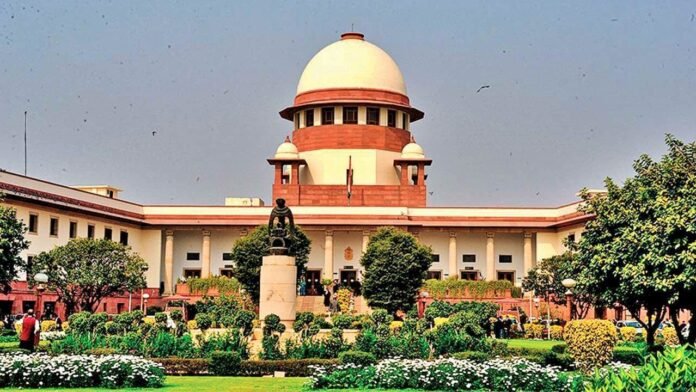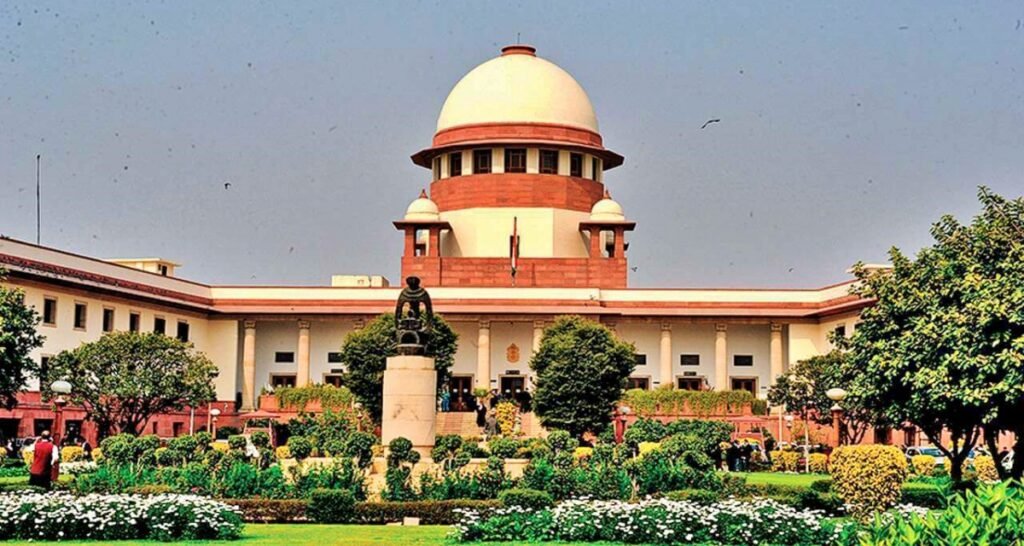
New Delhi: In a landmark decision aimed at curbing the proliferation of misleading advertisements, the Supreme Court of India has introduced stringent measures requiring public figures and celebrities to act responsibly when endorsing products. The apex court’s directive mandates the acquisition of a self-declaration form from advertisers in compliance with the ‘Cable Television Network Rules, 1994’, before the release of any advertisement.
Rule 7: The Advertising Code
Under Rule 7 of the Cable Television Network Rules, 1994, there is a clear stipulation that all advertisements must align with the country’s laws. This provision serves as the foundation for the advertising code that governs the content and presentation of advertisements to ensure they do not mislead or deceive consumers.
Central Ministries and CCPA’s Role
The bench, comprising Justices Hima Kohli and Ehsanuddin Amanullah, has called upon the central ministries to closely monitor advertisements for misleading content. The ministries are also tasked with reporting such instances to the Central Consumer Protection Authority (CCPA), which is expected to take appropriate action against the offenders.
Accountability of Public Figures
The Supreme Court emphasized the significant influence that endorsements by celebrities, influencers, and public figures have on consumer behavior. It underscored the responsibility these individuals bear in ensuring that the products they promote are represented accurately and ethically.

The Patanjali Ayurveda Limited Case
The directive comes in the wake of the court’s ongoing hearing of a case involving Patanjali Ayurveda Limited. The case was initiated by a 2022 petition from the Indian Medical Association (IMA), which accused Patanjali and yoga guru Ramdev of disseminating campaigns that allegedly defamed COVID-19 vaccination efforts and modern medical practices. The court has expressed its disapproval of Patanjali’s misleading advertisements, which, despite being banned, continue to be accessible across various internet channels.
This move by the Supreme Court is a significant step towards protecting consumers from the potential harms of false advertising and ensuring that endorsements in the media are transparent and truthful.
















































